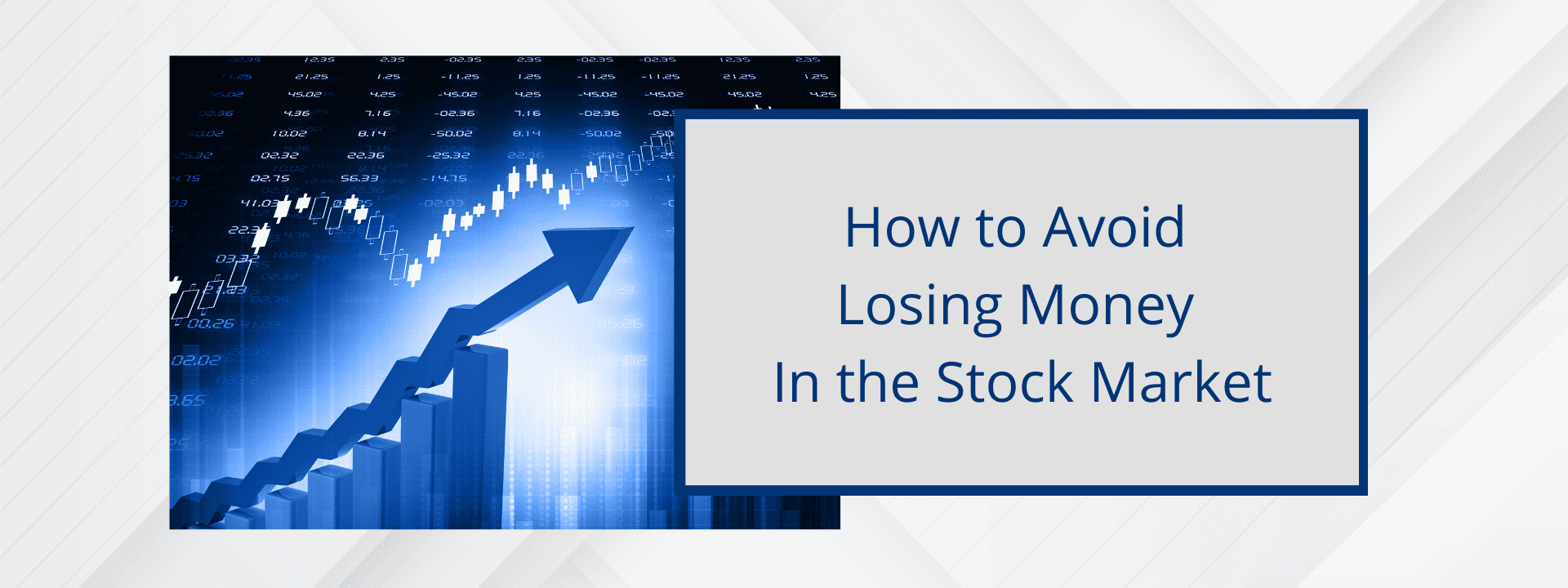Lately, market volatility has been making headlines, leaving many investors wondering what they should do. Should you sell? Hold steady? Make changes?
Before making any big decisions, let’s break down what “losing money” really means and how you can protect your investments.
What Does It Really Mean to “Lose Money”?
When people say they’re “losing money” in the stock market, they usually mean one of two things:
- Their portfolio has temporarily dropped in value.
- They fear the market will never recover.
Market declines—often called corrections or bear markets—are a normal part of investing. In fact, during a 30-year retirement, you may experience five or six bear markets (a 20% drop from the market’s peak). History shows that while markets go through downturns, they have always recovered and reached new highs over time.
So, what can you do to avoid locking in losses?
How to Protect Your Investments
1. Don’t Sell Out of Fear
If you sell during a downturn, you turn a temporary decline into a real loss. Market swings are uncomfortable, but if you hold a well-diversified portfolio, staying patient is often the best strategy.
If you’re in mutual funds or managed accounts, your portfolio managers are actively making decisions for the long term. If you manage your own investments, focus on fundamentals—not short-term panic.
2. Your Portfolio Is More Than Just Stocks
A well-balanced portfolio includes a mix of stocks, bonds, and other assets. Bonds and income-generating investments act as shock absorbers when stocks decline. If you’re diversified globally, 20-40% of your portfolio likely includes assets designed to reduce volatility.
3. Short-Term Money Should Stay Out of the Market
Any money you’ll need in the next 12-36 months shouldn’t be exposed to stock market risk. Keeping short-term funds in cash or conservative investments ensures you’re not forced to sell at a bad time.

4. Retirees Need a Cash Buffer
If you’re retired, your portfolio should include 4-5 years’ worth of income in lower-risk investments like bonds or cash equivalents. This cushion gives stocks time to recover, so you don’t have to sell them at a loss to cover expenses.
5. Long-Term Investors Can Benefit from Market Declines
If retirement is more than five years away, downturns can actually work in your favor. Consistently investing during these periods means you’re buying more shares at lower prices, which can boost your long-term returns.
6. Avoid Speculation and Market Timing
Investors often lose money by chasing “hot funds or stocks” or trying to time the market. The reality? Most people miss the best recovery days, which can significantly hurt long-term returns. A steady, disciplined approach based on solid investment principles is far more effective.
7. Review Your Portfolio, but Stay Disciplined
While it’s good to check in on your investments, looking too often can lead to emotional decisions. Instead, set a schedule—annually or semi-annually—to review your portfolio and make sure it aligns with your goals.
Final Thoughts
Market ups and downs are normal, and history has shown that patience and discipline pay off. If you have concerns about your investments or want to review your financial plan, let’s connect.
If you enjoyed this, Download our White Paper: Your Retirement Road Map: How to make the Transition to Retirement HERE.
What To Do Next
Are You on Track with Your Retirement Strategy? FIND OUT TODAY!
For more information, refer to Preserving Wealth: The Next Generation – The definitive guide to protecting, investing, and transferring Wealth by Jack Lumsden, MBA, CFP® or schedule a call with Jack at 905-332-5503
Jack Lumsden is a Financial Advisor with Assante Financial Management Ltd. The opinions expressed are those of the author and not necessarily those of Assante Financial Management Ltd. Please contact him at 905.332.5503 or visit www.jacklumsden.com to discuss your circumstances before acting on the information above.
Insurance products and services are provided through Assante Estate and Insurance Services Inc.

